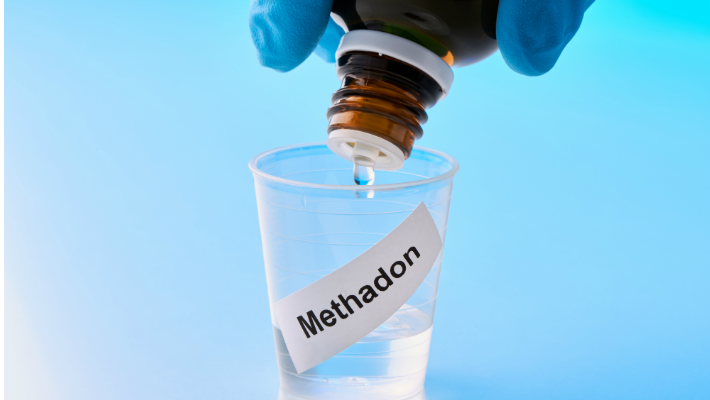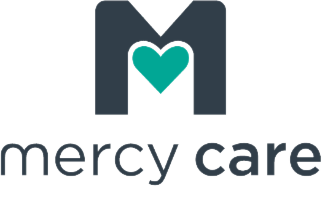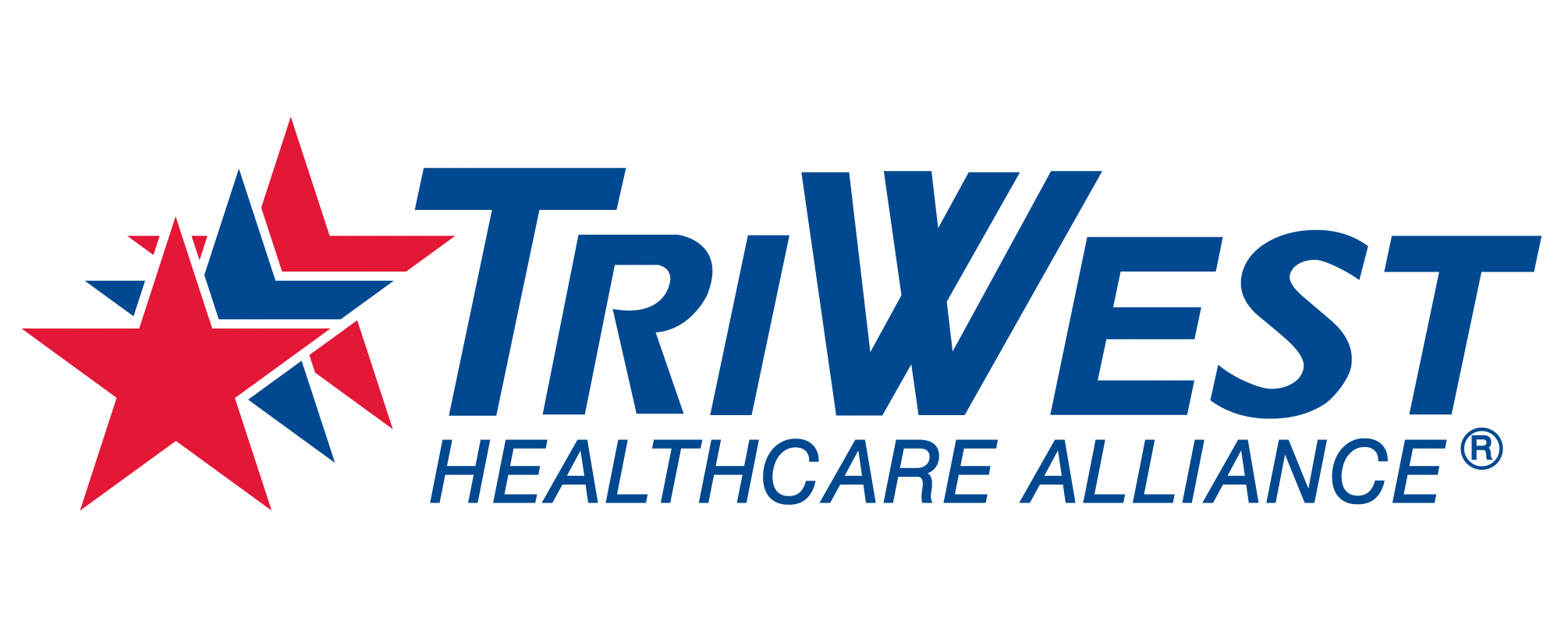Opioid addiction has been spreading like wildfire throughout the country. This has been due to prescription medications like oxycodone, which were widely prescribed in the past years. These addictive medications may lead to drug abuse and affect your health on long term.
That’s why addiction recovery centers are taking a medication-assisted approach to help people with withdrawal symptoms and sociological function. But how exactly does medication work for those in need?
It begins with a true desire to quit using illicit drugs. Family and friends may be involved – along with a strong team of support specialists dedicated to opiate recovery.
In this article, we’re discussing how medication can help with opioid addiction. Keep reading to learn more.
Long-Term Treatment Options
Certain medications, such as methadone, are designed as a long-lasting treatment option for people suffering from an opioid addiction. They aid in addiction recovery by inhibiting withdrawal symptoms. Their goal is to people live normal, functional lives.
The medications are designed as a preventive measure. Many people will need help for years. Some will be in recovery for the rest of their lives.
Medications also deter people from experiencing a relapse, which is potentially dangerous and must be avoided for a successful recovery.
More Effective
Many people who struggle with addiction will seek recovery services in the form of therapy and counseling. Unfortunately, these efforts are often not enough on their own. Patients need something to assist with withdrawal symptoms and chemical reliance on the drug.
Medication treatment in combination with therapy and counseling seems to work best. Patients may find relief in group therapy where there are like individuals to discuss emotions with. Others will also be on medication therapy.
Patients will notice faster and more effective results when taking medications. This is particularly true for those suffering from a high level of dependence on opiates. The meds are a safe alternative to the opiate of choice.
Maintain a Schedule
Medication treatments are given once daily at a clinic of the patients choice. This can be done any time of day so that patients are able to maintain a schedule. Patients can arrange appointments for therapy or other services in advance during these visits.
Maintaining a routine is a key step toward recovery. When people have obligations, they are less likely to seek other drugs.
The family should take this time to be in the patient’s life. They also need to encourage them to get involved in activities that keep them distracted. This routine adjustment gives the patient a better chance to reduce medication treatment.
Reduced Cravings
Since medications relieve the symptoms of withdrawal, they also help with cravings.
An addiction is more than psychological when someone uses a drug for a long time. Medications like methadone act against the opioid in a patient’s system, which reduces the body’s need for other drugs.
People that have recently gone through detox are at a higher risk of overdose. Their bodies are not as tolerant to the drugs. This means that they’re likely to abuse them in higher doses.
The leading cause of opioid overdose death is related to those that have recently been through detox. Reduced cravings is a significant factor in lowering the risk of overdose as well.
Withdrawal Relief
Medications also aid in addiction in the form of relief from withdrawal symptoms. They work without the effects of intoxication. Withdrawal symptoms are fierce, including flu-like symptoms, insomnia, and irritability.
Methadone, albeit controversial, is the most popular form of relief in stable doses. Along with other medications, it can reduce withdrawal symptoms and save your life.
Symptoms can cause a spike in heart rate and blood pressure. Not to mention that a patient struggling with withdrawal is more likely to seek drugs.
Improved Relationships
An addict in recovery needs friends and family for support. They will work toward repairing relationships that may have been damaged while drug use was an issue. This is a good time for loved ones to spend time together and reconnect.
Rebuilding relationships is a milestone in the recovery process. Patients who reach this step often work even harder to quit drugs. Stability is important for addiction recovery.
Plan family get-togethers and create traditions again. Make a big deal out of holidays and birthdays so that there’s a reason to hang out.
Medications will help patients feel like themselves and enjoy life to the fullest. With the opportunity to live normal lives, it will be easier to build and maintain relationships.
Reduced Depression
Depression can lead to harmful behavior and suicidal tendencies. It may also cause a person to start using drugs to avoid the depressive thoughts and feelings.
Many doctors find that patients are less depressed with methadone maintenance. This medication treatment helps sufferers avoid other consequences of their drug abuse. It enables them to transition easily from use to recovery.
Medication maintenance relieves these life-threatening symptoms so that patients can experience a richer life.
Addiction Recovery Is within Your Reach
If you or someone you love is struggling with addiction, consider using medication for addiction recovery. Nowadays, there are more options available than ever before.
Methadone, in particular, has been especially effective for people who suffer from a debilitating drug habit. Some recovery centers also utilize other drugs like buprenorphine and naltrexone.
Many treatment centers throughout the United States focus on more than medication for recovery efforts. They also provide therapy and counseling. This combination of services is meant to help those addicted to opioids live fuller and happier lives.
When you’re ready to get help for yourself or someone you love, or if you have questions, contact us. Your successful recovery is our goal.







